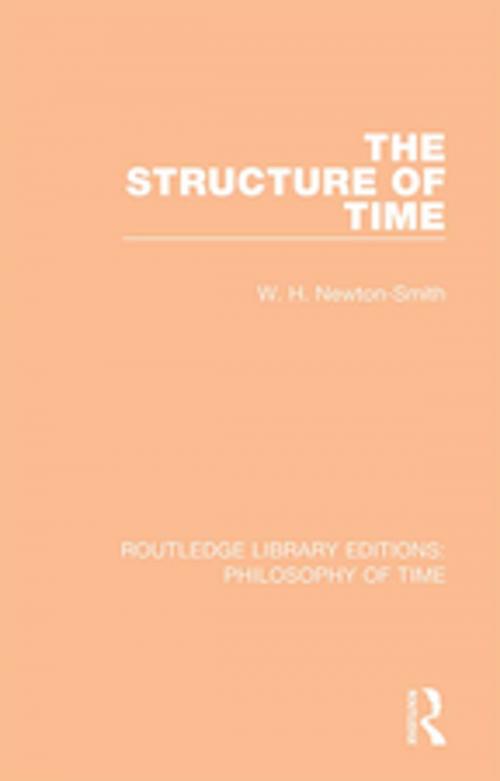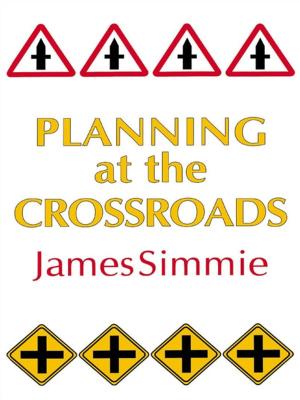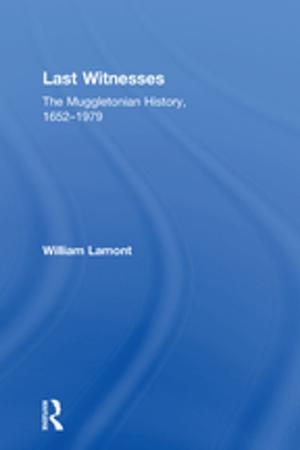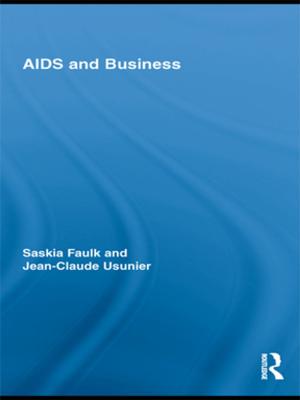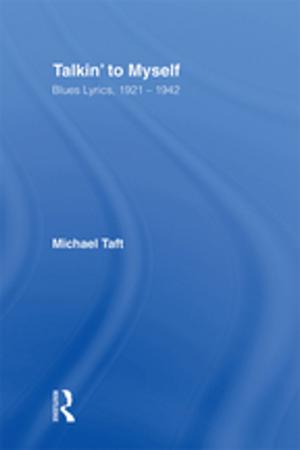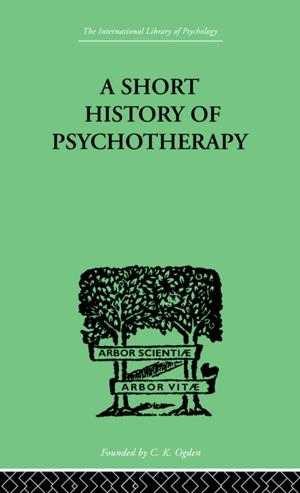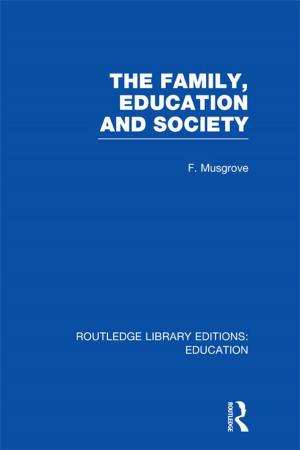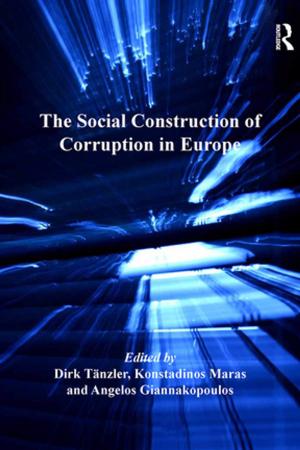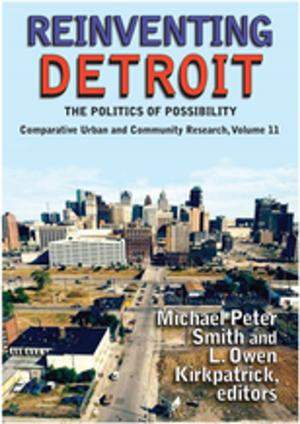| Author: | W. H. Newton-Smith | ISBN: | 9780429670343 |
| Publisher: | Taylor and Francis | Publication: | October 10, 2018 |
| Imprint: | Routledge | Language: | English |
| Author: | W. H. Newton-Smith |
| ISBN: | 9780429670343 |
| Publisher: | Taylor and Francis |
| Publication: | October 10, 2018 |
| Imprint: | Routledge |
| Language: | English |
Originally published in 1980. What is time? How is its structure determined? The enduring controversy about the nature and structure of time has traditionally been a diametrical argument between those who see time as a container into which events are placed, and those for whom time cannot exist without events. This controversy between the absolutist and the relativist theories of time is a central theme of this study. The author's impressive arguments provide grounds for rejecting both these theories, firstly by establishing that ‘empty’ time is possible, and secondly by showing, through a discussion of the structure of time which involves considering whether time might be cyclical, branching, beginning or non-beginning, that the absolutist theory of time is untenable. This book then advances two new theories, and succeeds in shifting the traditional debate about time to a consideration of time as a theoretical structure and as a theoretical framework.
Originally published in 1980. What is time? How is its structure determined? The enduring controversy about the nature and structure of time has traditionally been a diametrical argument between those who see time as a container into which events are placed, and those for whom time cannot exist without events. This controversy between the absolutist and the relativist theories of time is a central theme of this study. The author's impressive arguments provide grounds for rejecting both these theories, firstly by establishing that ‘empty’ time is possible, and secondly by showing, through a discussion of the structure of time which involves considering whether time might be cyclical, branching, beginning or non-beginning, that the absolutist theory of time is untenable. This book then advances two new theories, and succeeds in shifting the traditional debate about time to a consideration of time as a theoretical structure and as a theoretical framework.
